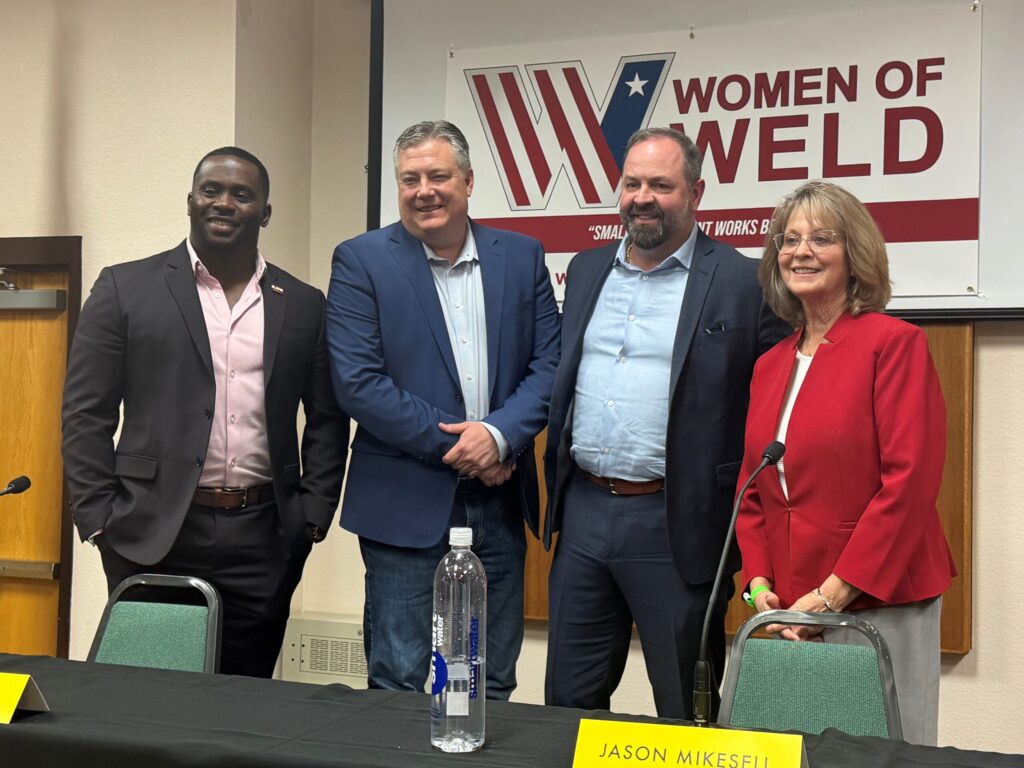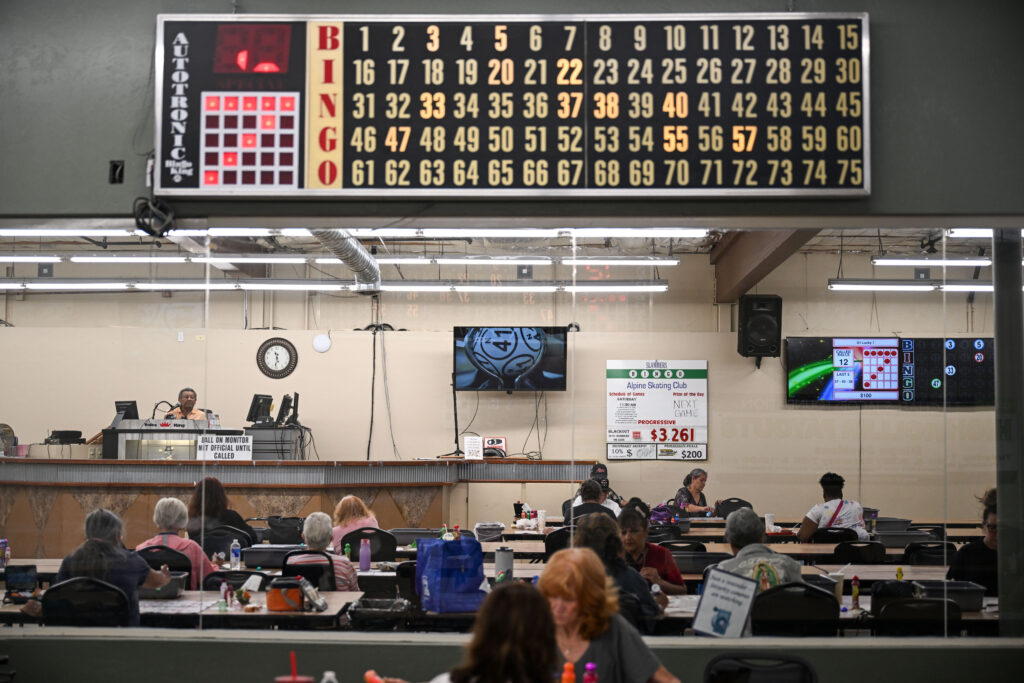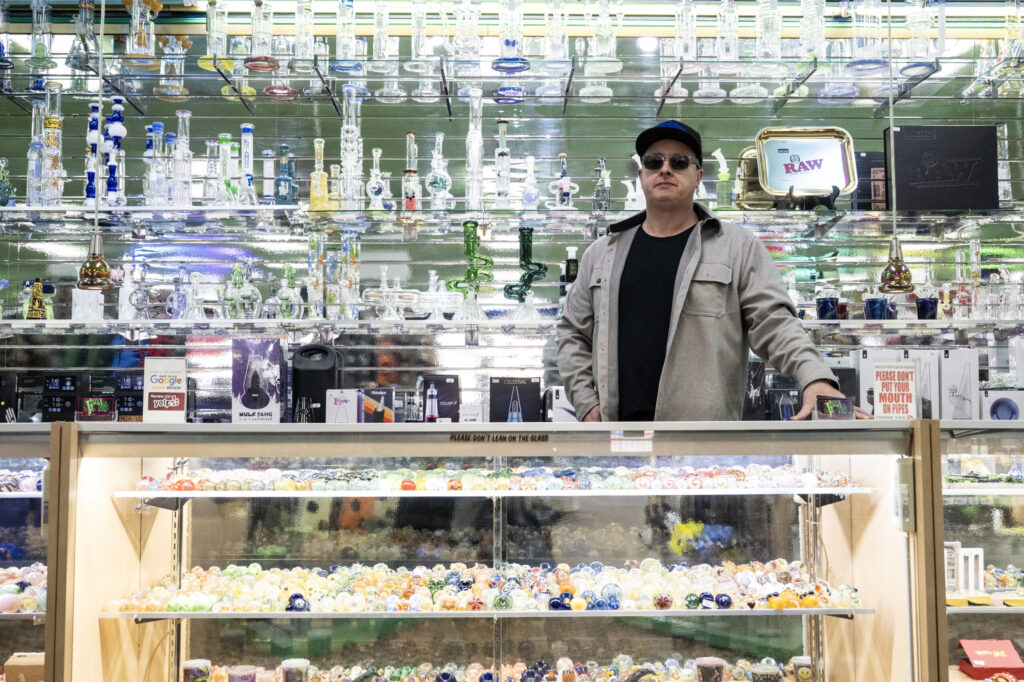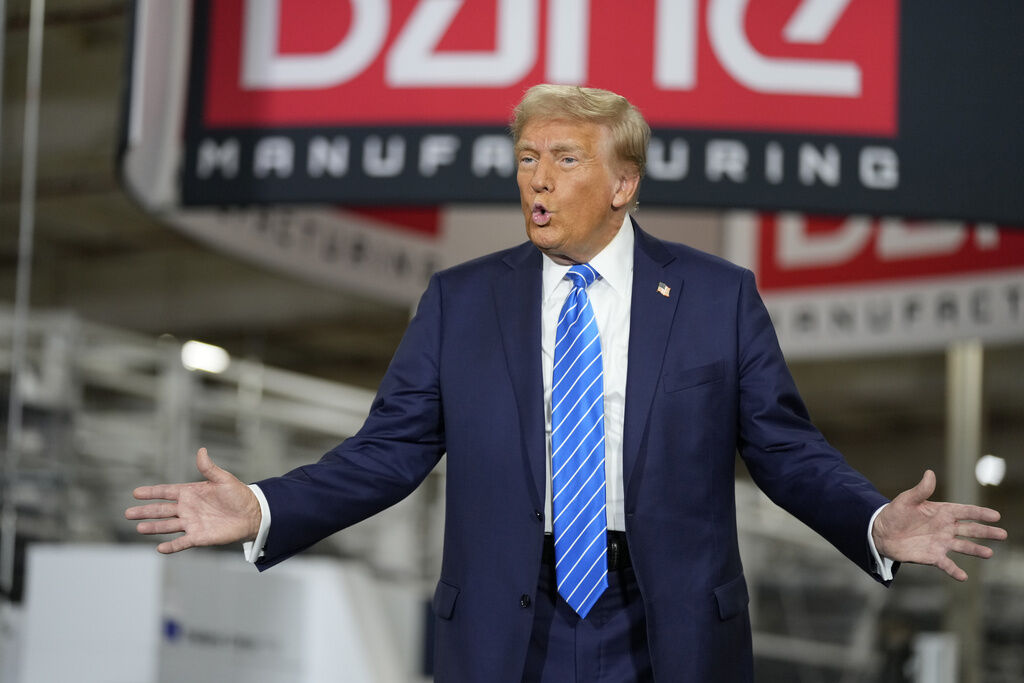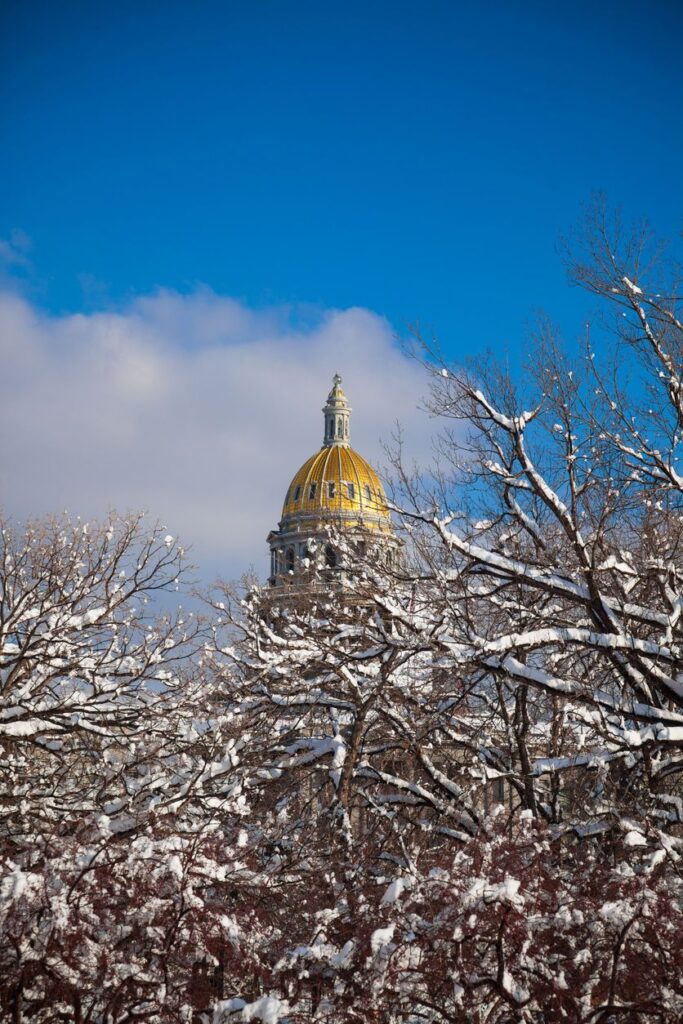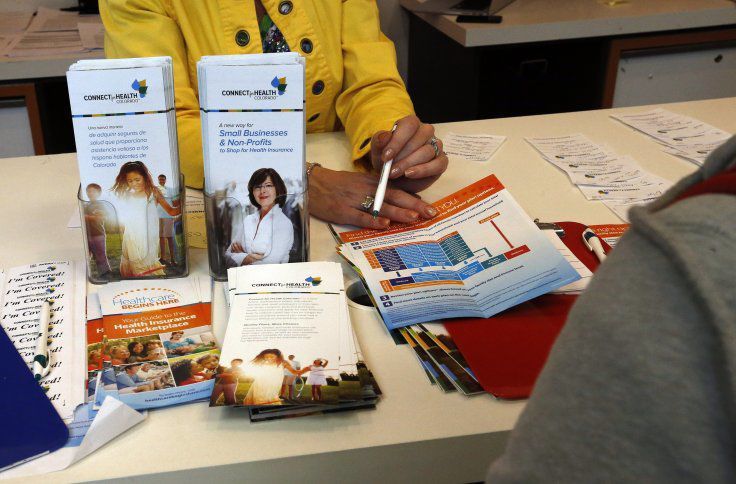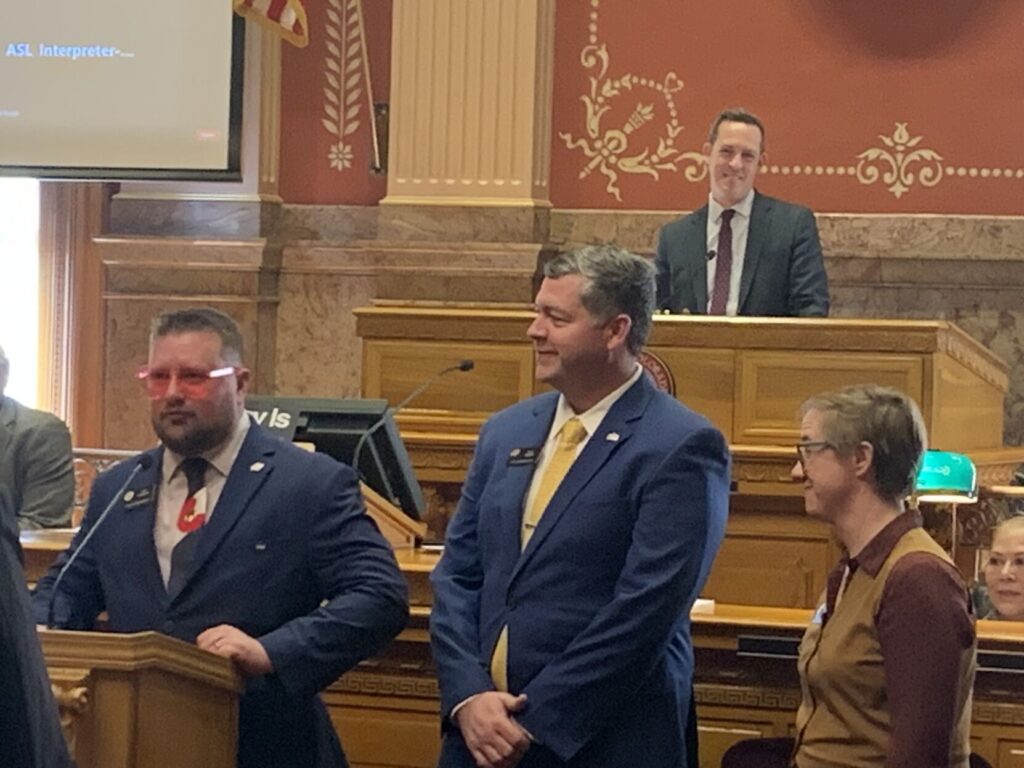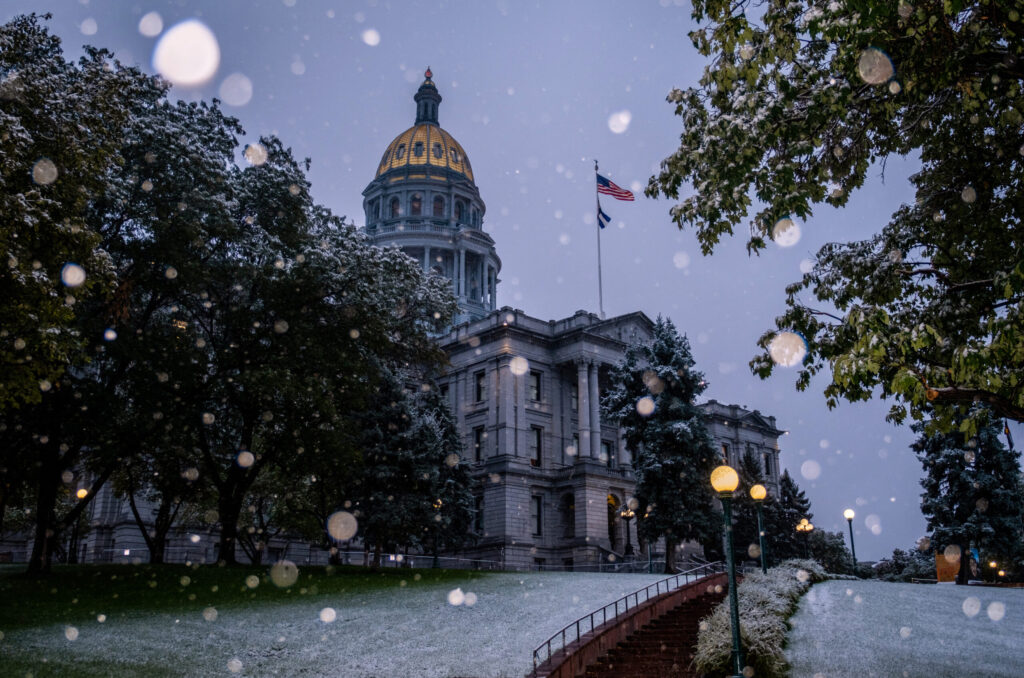Ballot selfies moves closer to Colorado legality
A bill to legalize ballot selfies passed a Colorado House Committee Wednesday evening.
House Bill 1014 would allow people to take selfies with their completed ballot and share it on social media, which proponents say would encourage voting and allow the exercise of First Amendment rights.
“Believe it or not showing someone your completed ballot and taking a photo of it and posting it on social media is currently a crime in Colorado,” said Democratic Rep. Paul Rosenthal of Denver and Republican Rep. Dave Williams of Colorado Springs.
The crime is a misdemeanor with a fine up to $1,000 and up to a year in jail, though no one can recall anyone who has ever been charged with the offense in Colorado.
“I know this made sense 100 years when corruption was rampant but it does not make sense today,” Rosenthal said.
The bill passed the House State, Veterans and Military Affairs Committee, 8-1, with Rep. Tim Leonard, a Republican from Evergreen, as the only member in opposition.
The law dates back to 1891. The idea was to keep people who sold their vote from taking a picture as proof for the buyer.
The issue already has been to court. In November U.S. District Judge Christine Arguello ruled the law was confusing and unenforceable in a suit brought by state Sen. Owen Hill of Colorado Springs. Arguello left it to legislators to decide whether to leave the antiquated law on the books, however.
Last fall, the Colorado Secretary of State’s Office defended the state law blocking ballot selfies because it’s required to defend state laws.
Deputy Secretary of State Suzanne Staiert said the office would support the legislation if it included prohibition against “vote trading,” where people trade a promise to vote in one state for promises of a vote or votes in another state.
Some websites advertise for people willing to trade their votes with ballot selfies serving as proof.
Rosenthal had sought to move that language from the original bill to keep it focused on the photos. Other legislators said they hoped to revisit the issue as the bill advances to the House floor.
“If we don’t clarify this practice it will continue to proliferate,” Staiert warned.
Scott Romano of Littleton, a University of Denver freshman, testified that ballot selfies promote political discourse. He posted one last fall and it started political conversations on social media. He was a co-plaintiff in Hill’s lawsuit.
“The more we as politically active citizens work to bring others to the table, the better off our democracy will be,” he said.


